Description
Machine learning has significantly advanced the field of image generation and style transfer, leveraging the capabilities of deep neural networks to create and transform visual content in innovative ways. At its core, image generation involves the creation of new images from abstract representations or data-driven models. Generative Adversarial Networks (GANs) and Variational Autoencoders (VAEs) are prominent techniques in this domain, enabling the synthesis of high-quality, diverse images that can mimic or extend existing datasets. These models learn from vast amounts of data to capture intricate patterns and features, allowing them to generate visually compelling and contextually relevant images. Style transfer, on the other hand, focuses on altering the visual appearance of an image while preserving its underlying content. By applying the stylistic elements of one image to the content of another, style transfer algorithms achieve striking visual effects. Convolutional Neural Networks (CNNs) play a crucial role here, utilizing pre-trained networks to extract and blend the content and style features of images. This technique has led to a wide array of applications, from artistic image manipulation to enhancing visual aesthetics in various media. The integration of machine learning into these areas has not only expanded creative possibilities but also improved efficiency and quality in image processing tasks. As these technologies continue to evolve, they offer exciting opportunities for innovation across multiple domains, including digital art, entertainment, and even practical applications in design and media. In addition to their creative applications, machine learning techniques for image generation and style transfer are making significant strides in practical and industrial contexts. For instance, in the fashion industry, these technologies are employed to design virtual clothing and accessories, allowing designers to experiment with new styles and trends without the need for physical prototypes. Similarly, in architecture and interior design, style transfer methods help visualize how different design elements and styles would look in real-world settings, facilitating better decision-making and client presentations. Moreover, advancements in image generation are driving progress in areas such as medical imaging and simulation. Generative models can produce synthetic medical images for training purposes or to augment limited datasets, thereby improving diagnostic accuracy and model performance. In robotics and autonomous systems, realistic image generation can enhance the training of visual perception algorithms, leading to more robust and reliable systems.
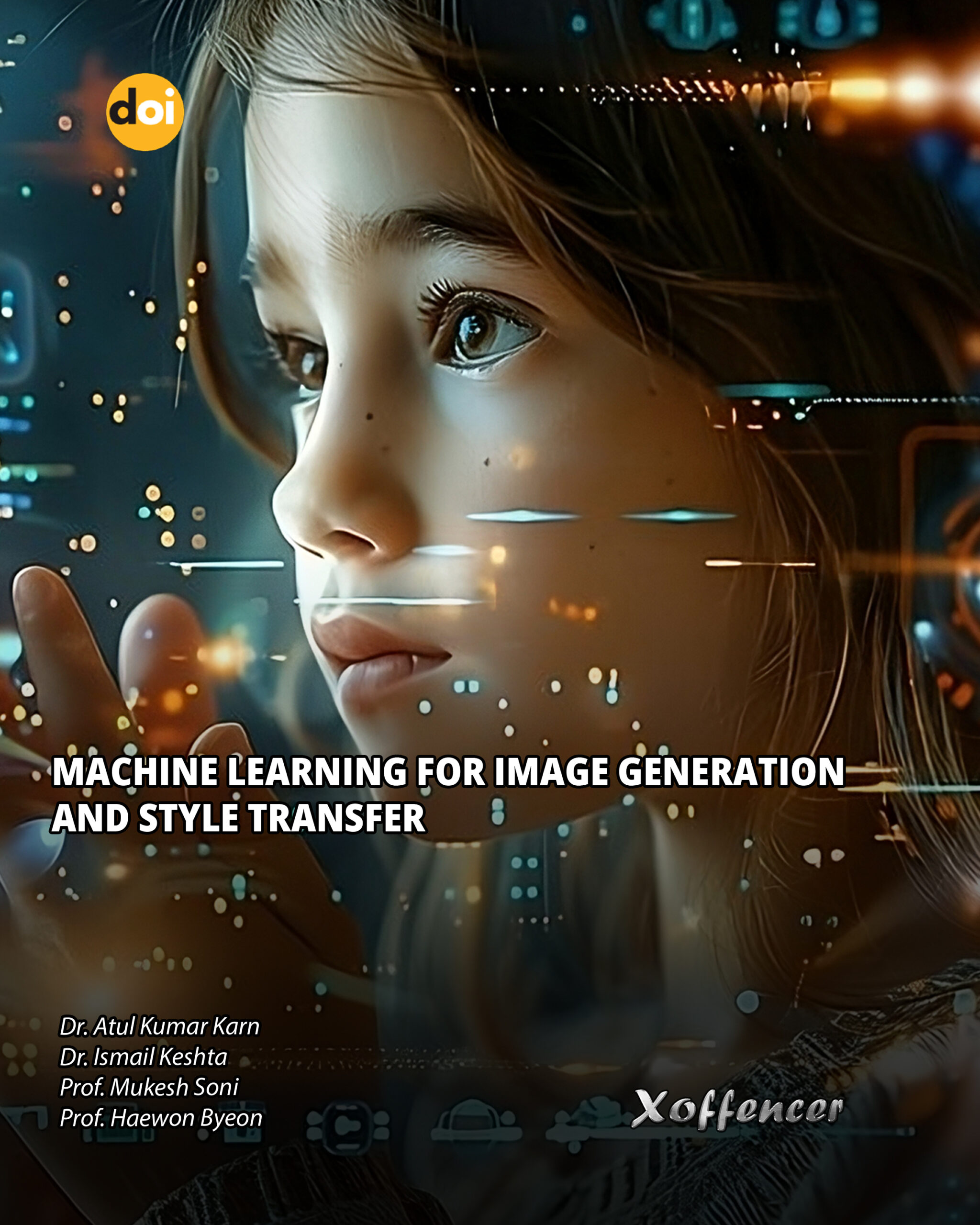

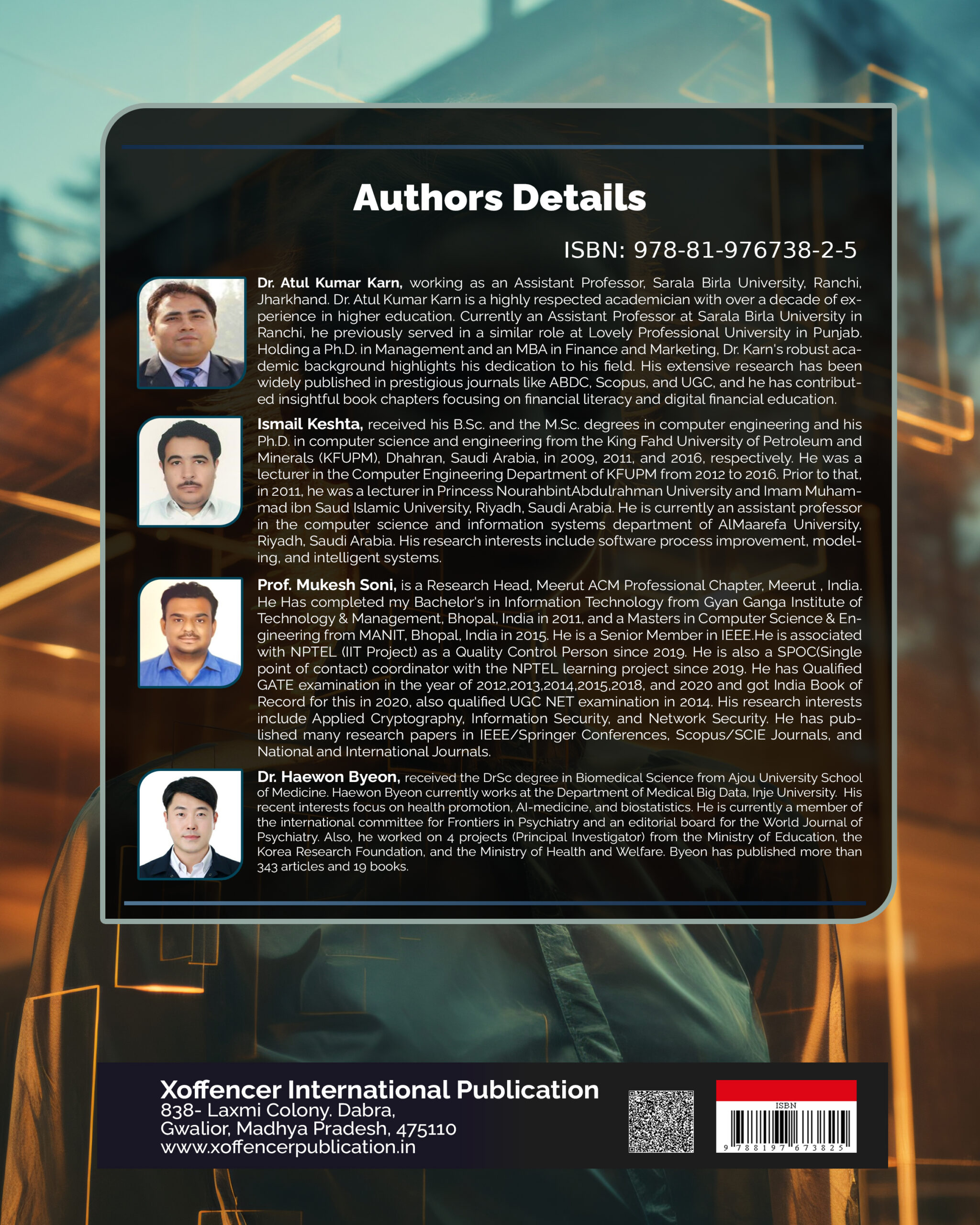
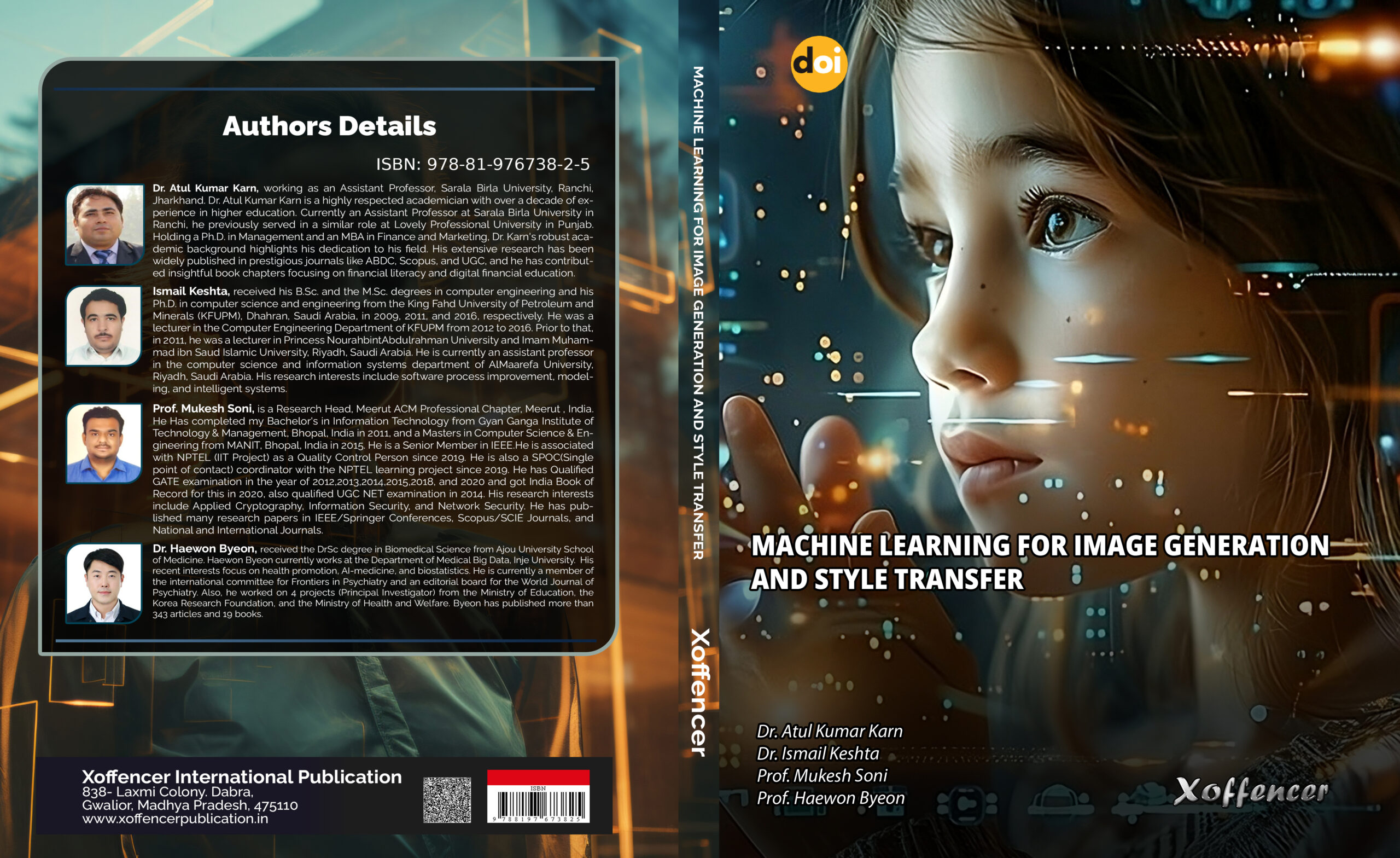





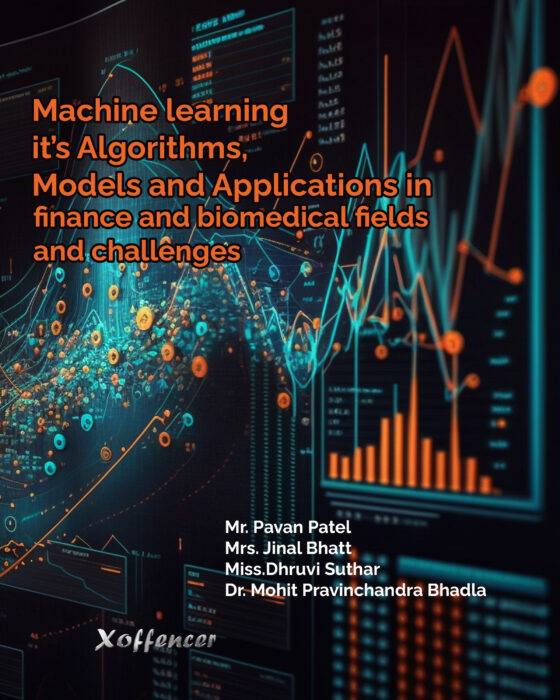

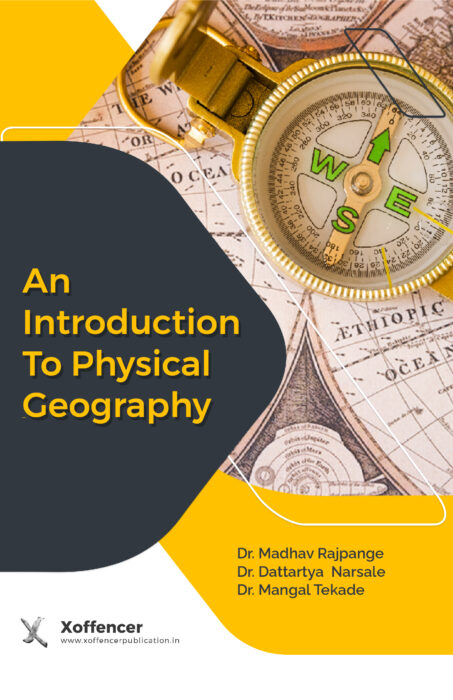
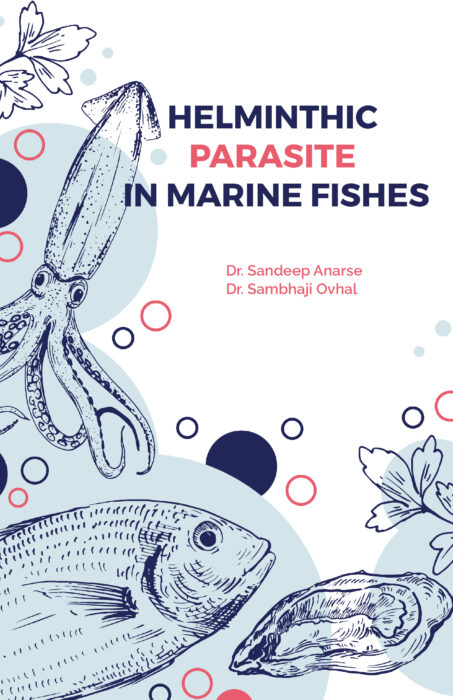
Reviews
There are no reviews yet.